Blake Lively’s lawyers have strongly criticized Justin Baldoni’s response to her request to dismiss his $400 million defamation lawsuit. Lively’s legal team argues that Baldoni’s counterarguments show a clear effort to weaken a California law meant to protect victims of sexual harassment from being sued as retaliation. They believe his approach could discourage people from speaking out about harassment in the future.
As reported by TMZ, Baldoni’s defense focuses on challenging Lively’s claim that her accusations of sexual harassment are protected under California’s Protecting Survivors from Weaponized Defamation Lawsuits Act (AB 933). His lawyers say Lively’s claims don’t have a “reasonable basis” and were made “with malice,” meaning the law shouldn’t protect her. They also claim her allegations are “made up”—either completely false or greatly exaggerated.
To support this, Baldoni points to an old interview where Lively talked about wanting creative control over her projects, suggesting her accusations were really about taking over the movie It Ends With Us.
Blake Lively argues back against Baldoni
Lively’s side sees Baldoni’s actions very differently. Her lawyers say his lawsuit is an attack on AB 933 itself and could scare future harassment victims into staying silent. They point out the contradiction in Baldoni’s public image—he’s known as an advocate for harassment victims, yet he’s now trying to remove legal protections for them. This makes Baldoni look less like a victim of false claims and more like someone trying to silence his accuser and discourage others from coming forward.
At the heart of Baldoni’s argument is his First Amendment right to sue Lively for defamation, as reported by Variety. His legal team says her accusations have hurt his reputation and career, and he has the right to defend himself in court. They paint Lively and her team as powerful Hollywood figures trying to misuse AB 933 to avoid responsibility and stop Baldoni from clearing his name.
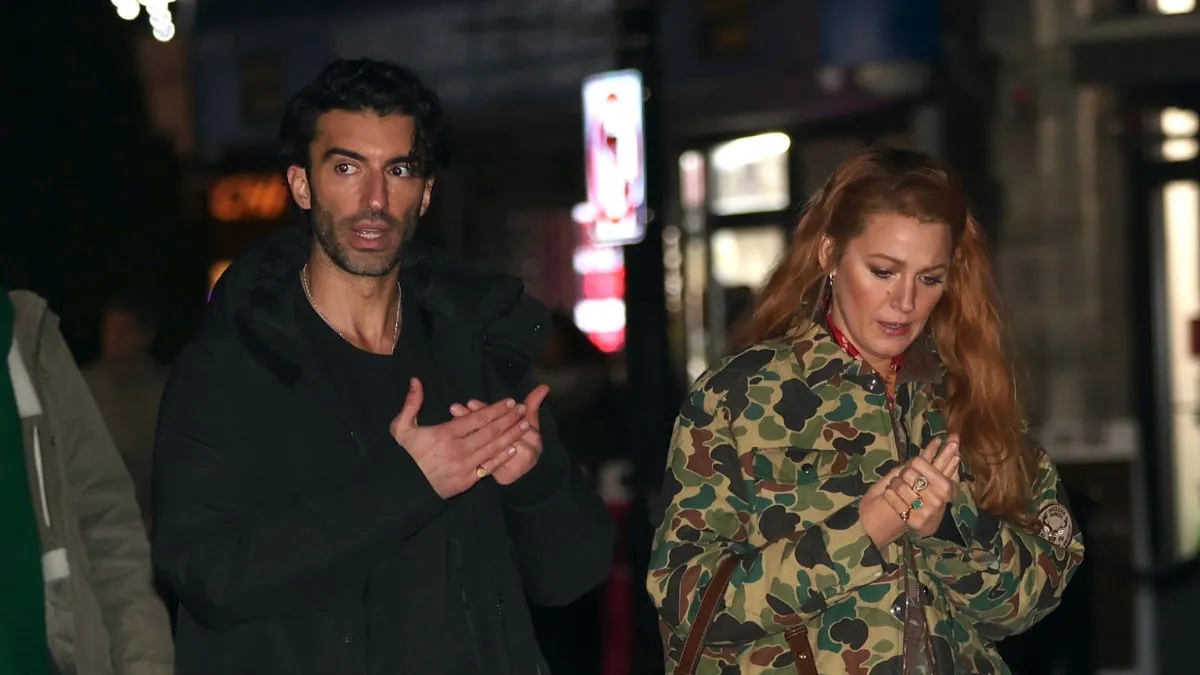
His lawyer, Bryan Freedman, calls this a “dangerous precedent,” arguing that the law shouldn’t be used to block someone’s right to sue over false accusations. If Baldoni succeeds in challenging Lively’s use of AB 933, it could make it harder for future harassment victims to speak up without fear of being sued.
Beyond the courtroom, both sides are fighting hard in the media. Lively’s team is framing this as more than just a legal case—it’s a moral issue that could affect the #MeToo movement. They want public support by showing Lively as a brave victim standing up to a powerful man who cares more about his reputation than protecting others.
On the other hand, Baldoni’s PR strategy paints him as the real victim, claiming Lively is using her fame to spread lies and control the story. His side wants people to see him as an innocent person fighting back against false accusations.

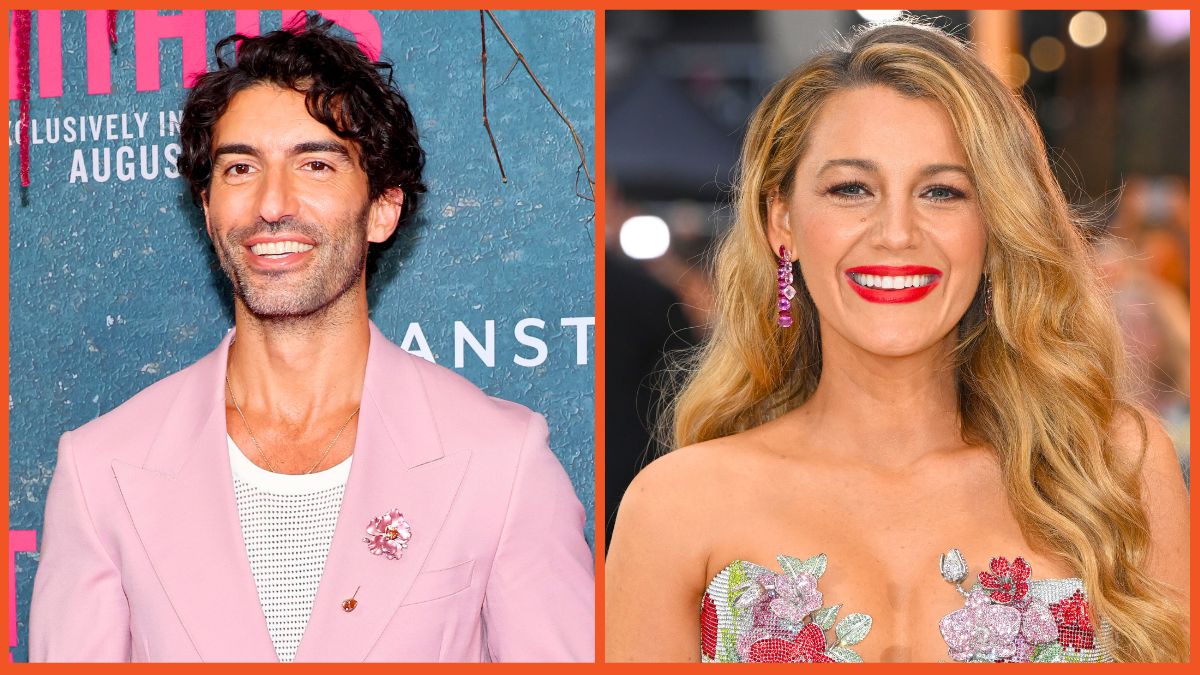
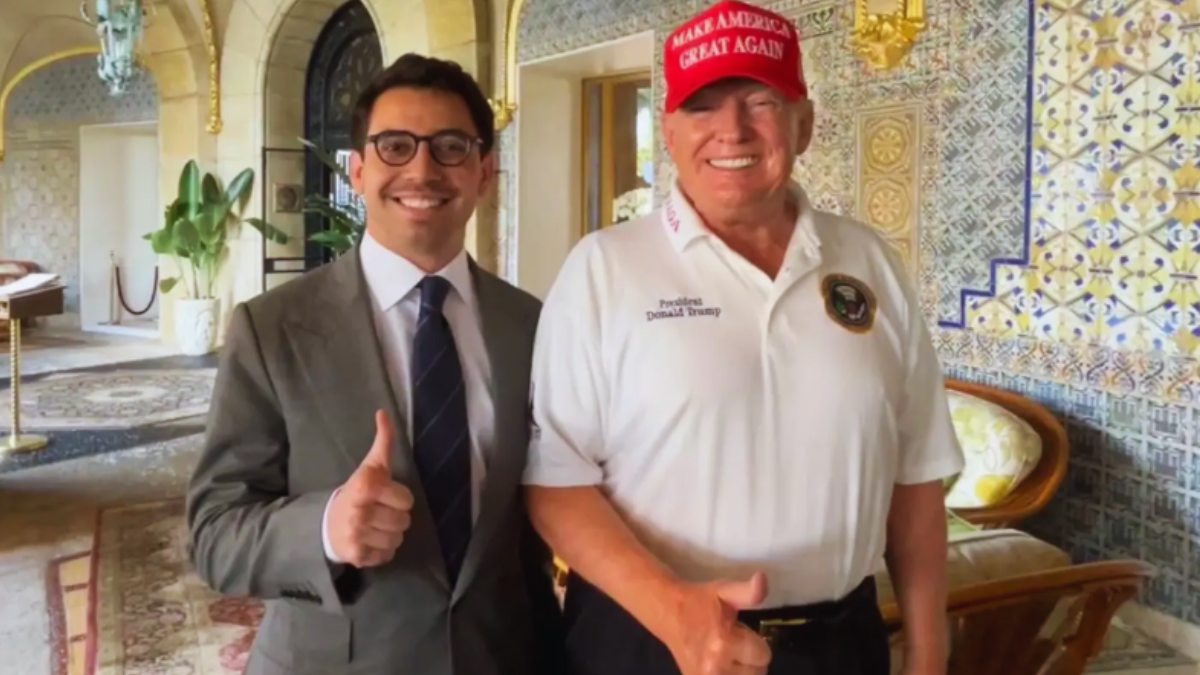
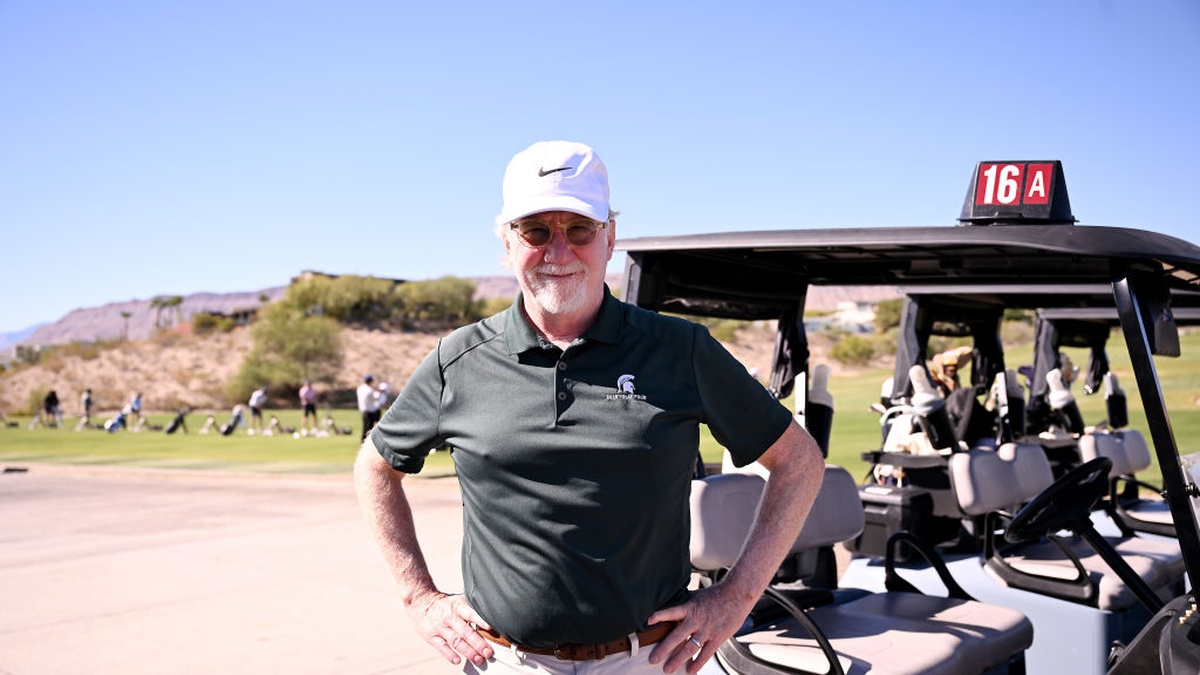
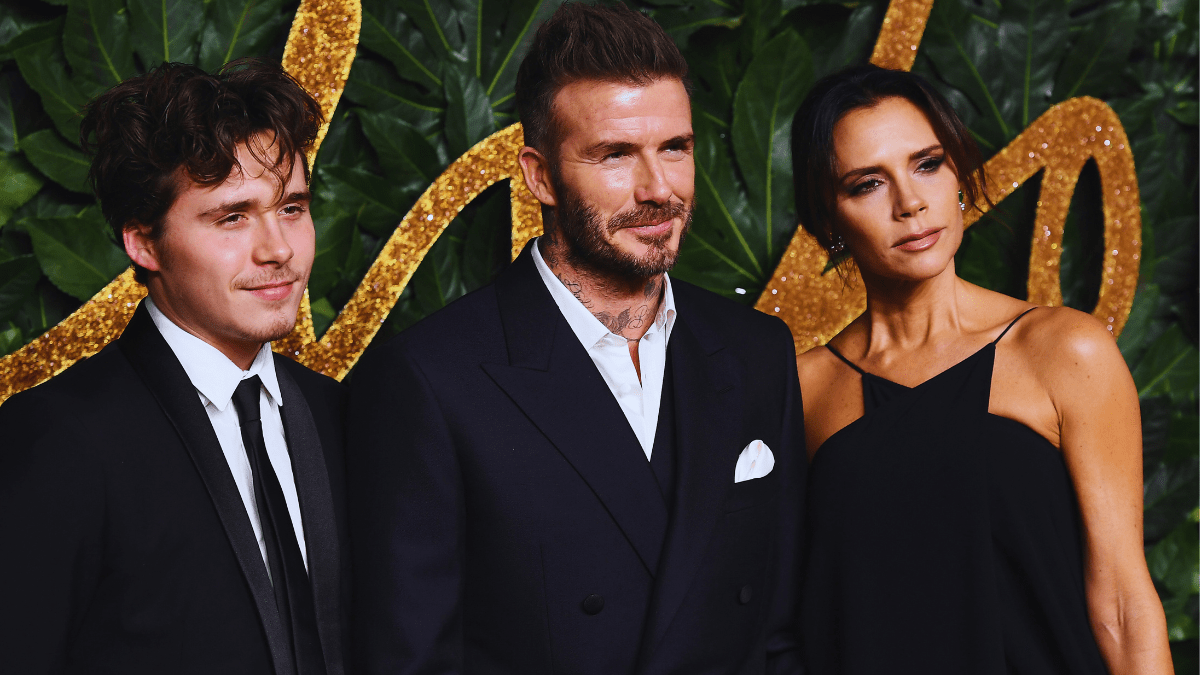
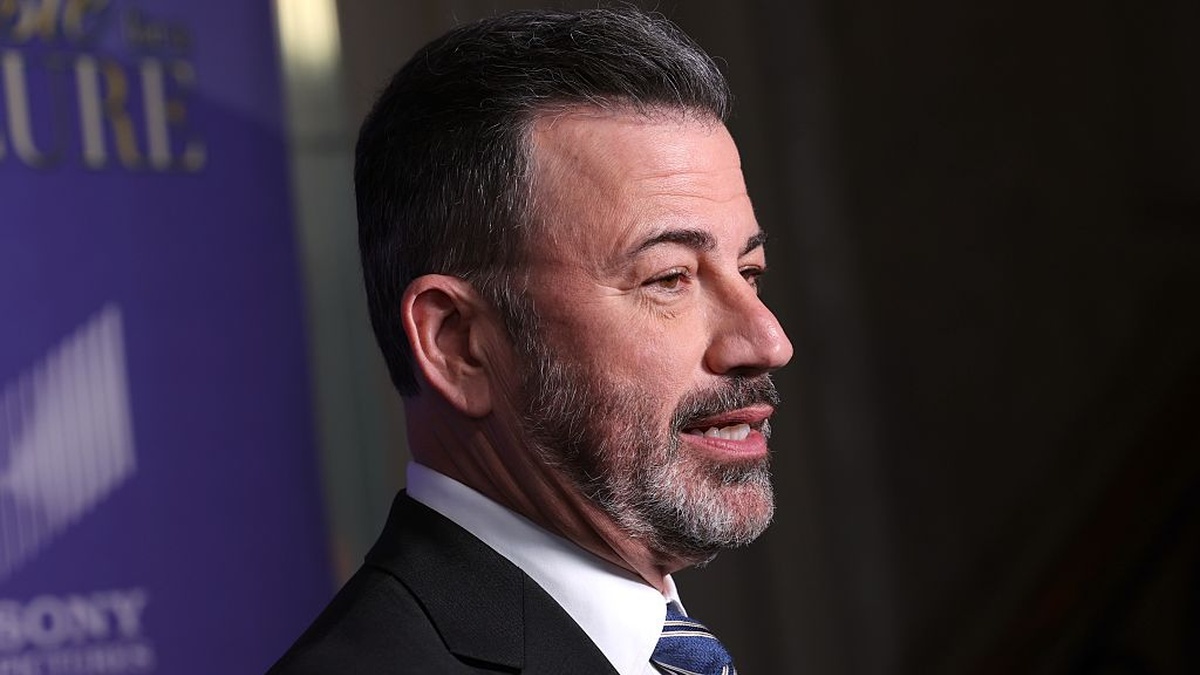
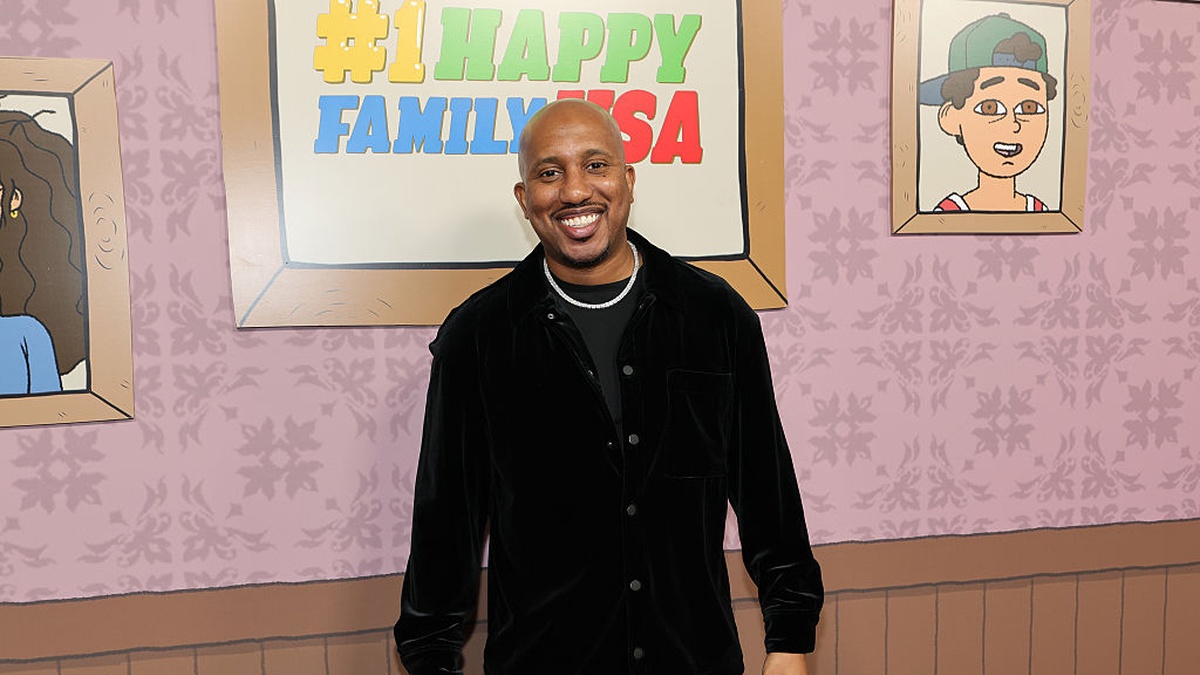



Published: Apr 4, 2025 12:00 pm